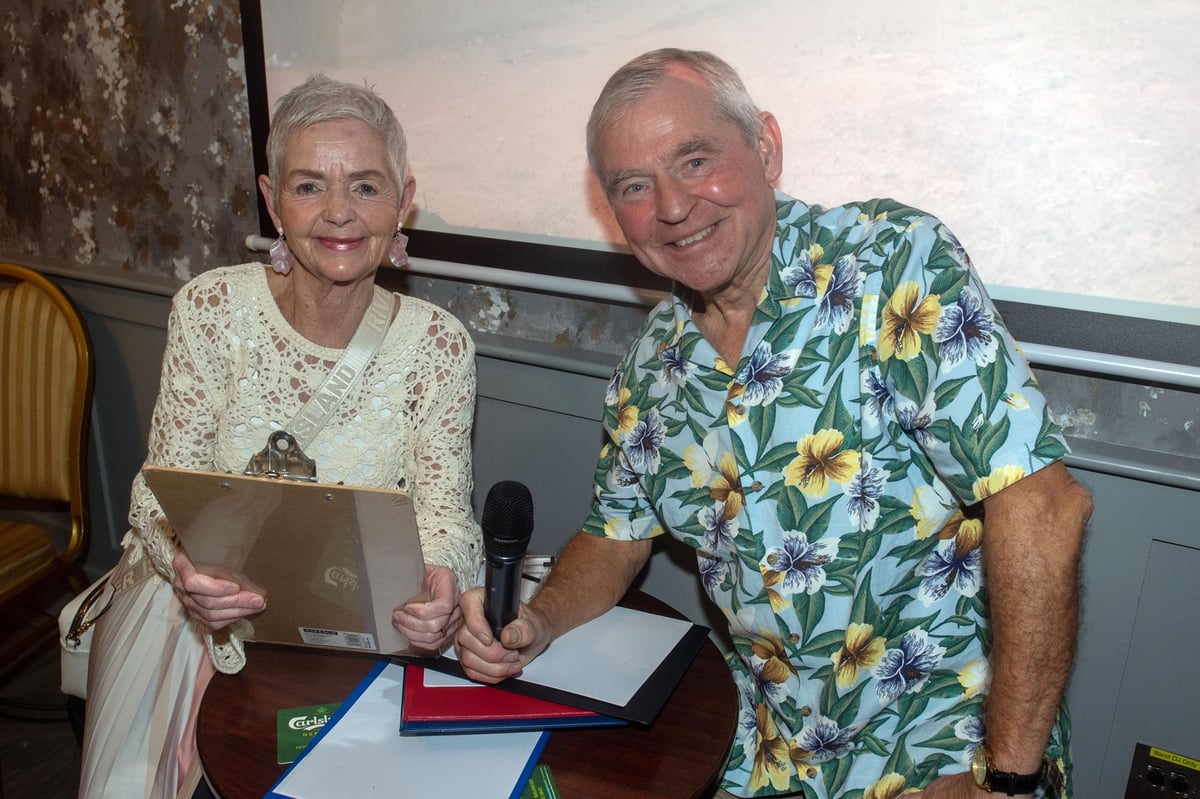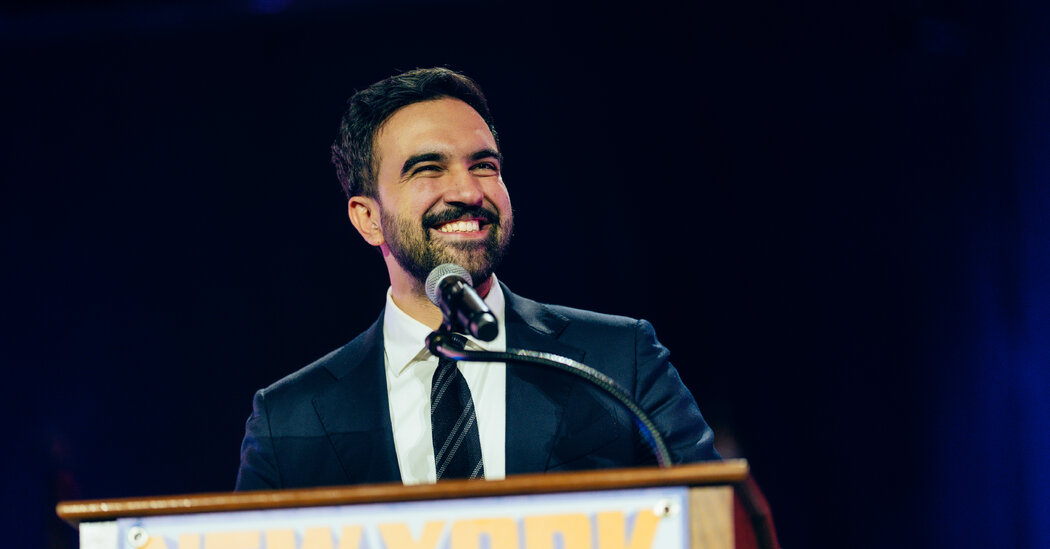Copyright glasgowworld

Media and Information Literacy is the ability to think carefully about what we see in the media, and how we use it, so that we can feel informed, empowered and healthy. The UN launched its annual MIL Week in 2021, and this year’s theme is ‘Minds over AI’. In a short space of time, AI has become an everyday part of communication, creating content and shaping what we see. The focus of the week is to use our human judgement to recognise and spot AI in the media, and to use AI carefully and responsibly. And this education starts with children. Award-winning children’s newspaper First News is sharing media literacy tips for parents, teachers and children, to mark Media and Information Literacy Week - including conversation starters to help your child spot AI-produced content and fake news. Liz Moorse, chief executive of the Association for Citizenship Teaching (ACT), told First News: “Being able to understand news, social media and information is really important for us all in a democracy. “Media and information literacy is a key part of citizenship because it helps you think critically, understand different viewpoints and make informed decisions. These skills and knowledge matter when young people discuss issues that affect them and take action to help others. “With the plans to enable 16 and 17-year-olds to vote in the next election, they are vital for preparing every young person to take part confidently in democratic life.” How can I teach my child media and information literacy skills? With a focus on teaching children how to investigate the news, First News has produced a special media literacy poster and fact-finding mission to sharpen your children’s skills in sorting fact from fake. The team suggests the following questions to help consolidate your child’s knowledge, and help them to spot AI-produced content and fake news: What’s one thing you could do to check if a story is true? How do you know if something you see online is real or made by AI? Can you think of a time when a video, meme, or article tried to make people feel a certain way? For schools, First News has launched a TeachKit on Media & Information Literacy to help educators deliver impactful, topical and flexible lessons on these tricky topics. Find out more here.



